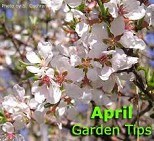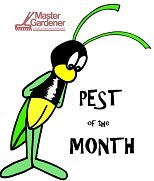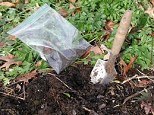Vegetable growers and flower gardeners alike will find quality-stock plants at the annual Master Gardener Plant Sale sponsored by Cornell Cooperative Extension in Fulton and Montgomery Counties. The sale will be held in the parking lot of Udderly Delicious, North Comrie Avenue (State Highway 30A) in Johnstown on Saturday, May 12th, 9:00 a.m. until the plants are essentially sold out.
A wide variety of vegetable bedding plants, including several varieties of tomatoes, annuals and perennial flower plants, and some house plants will be featured in this year’s sale.
Homeowners who wish to spruce up their grounds in preparation of celebrations, add some color to their landscapes, fill some window boxes or patio planters, or just plant a flower garden will find beautiful color and selection. Volunteer master gardeners will be on hand to help you make selections to plant together into containers or directly into your landscape.
A major goal of the plant sale is to provide one-on-one expertise on-the-spot to customers. “This plant sale is a unique experience because there are master gardeners who can answer your questions about preparing your space and planting the plants to help you be successful with the plants you decide to buy.” says seasoned master gardener Deb Landrio.
Plant Sale shoppers will also be able to purchase seed packets for the Family Pumpkin & Sunflower Project. Small packets of sunflower seeds, giant pumpkin seeds, and seeds to grow small pumpkins will be available for 50 cents each to encourage families and youth to garden together. The project, formerly a contest, will have seeds available while supplies last.
Questions about the sale may be directed to Cornell Cooperative Extension in Fulton and Montgomery Counties at 518-673-5525 x 101. Proceeds from the sale will augment learning opportunities for the local Master Gardener Program. Cornell Cooperative Extension in NYS provides equal program and employment opportunities.




